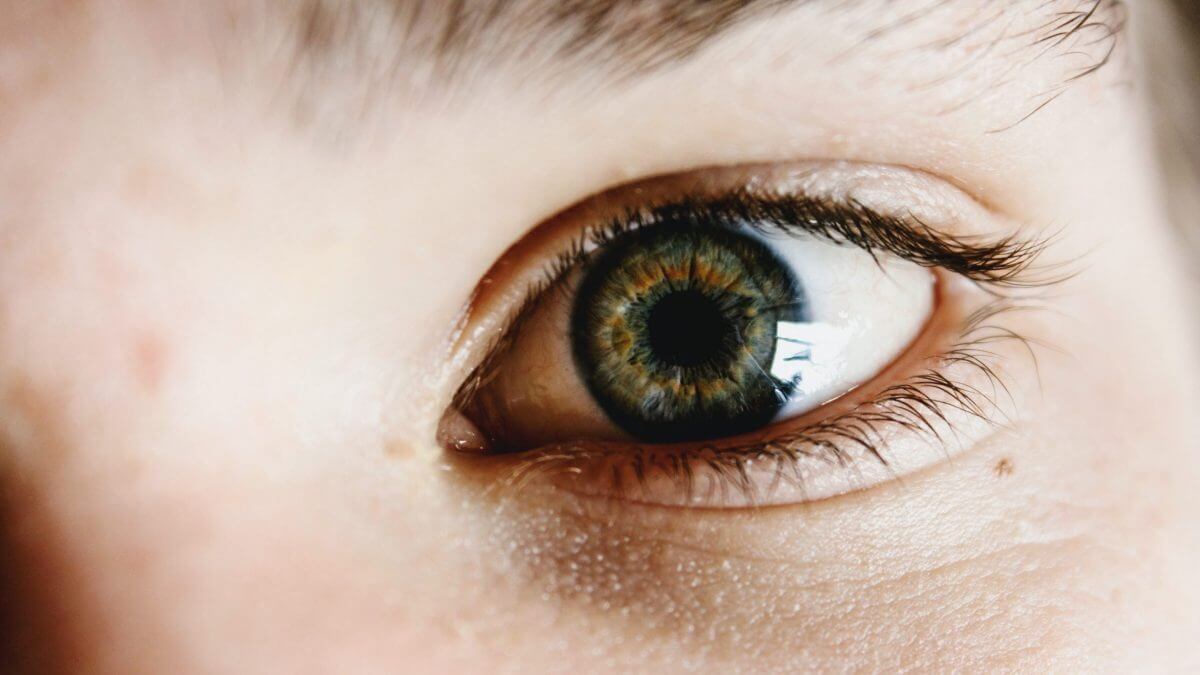
What is Diabetic Retinopathy?
The name may sound complicated but simply put, diabetic retinopathy is an eye condition that affects many people with diabetes (type I and type 2). According to the American Optometric Association, diabetic retinopathy occurs when a person’s blood sugar levels are too high for too long. High blood sugar levels put an extra strain on several areas throughout the body, including the eyes. Patients with diabetic retinopathy experience damage to the retina, which are the collection of light-sensitive tissues in the back of the eye that helps people see.
There are two types of Diabetic Retinopathy:
Non-proliferative diabetic retinopathy (NPDR) is the early stage of the disease and the most common form of retinopathy. Symptoms during non-proliferative diabetic retinopathy will be mild or nonexistent.
Proliferative diabetic retinopathy (PDR) is the more advanced form of the disease. At this stage, circulation problems deprive the retina of oxygen resulting in clouding vision, seeing spots, and dark or empty spots in the center of your vision.
The good news:
Many people with diabetes don’t experience any conditions and those who do only have mild symptoms. Here are a few things you can do to make sure your vision is well-protected and stay ahead of the game:
- See your optometrist annually for a dilated eye checkup.
- Keep your blood sugar under control — people who have their blood sugar levels in control are less likely to develop symptoms.
- Watch your blood pressure–the American Diabetes Association says high blood pressure and eye problems often go hand-in-hand.
- Don’t use tobacco products.
- Talk to your doctor if you have any eye concerns or symptoms of diabetic retinopathy.
Click here to learn more about Diabetes and eye care!
Summary
Remember! Think about what you can control to avoid diabetic retinopathy. Take care of yourself, watch for symptoms, go to regular eye check-ups and you should be in a good spot.






Do all visits involve going to Des Moines or are some more local? Also, will injections be part of it?
Hi Rebecca, our office is in West Des Moines, IA. And we do some studies in Newton, IA. If you want more information on specific studies, please give us a call at 515-329-5690.